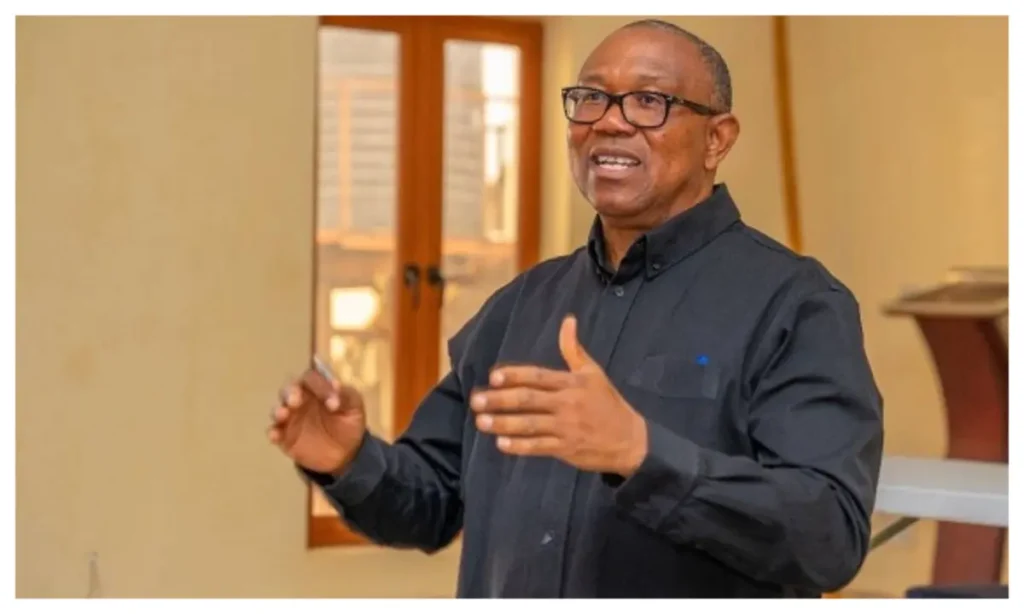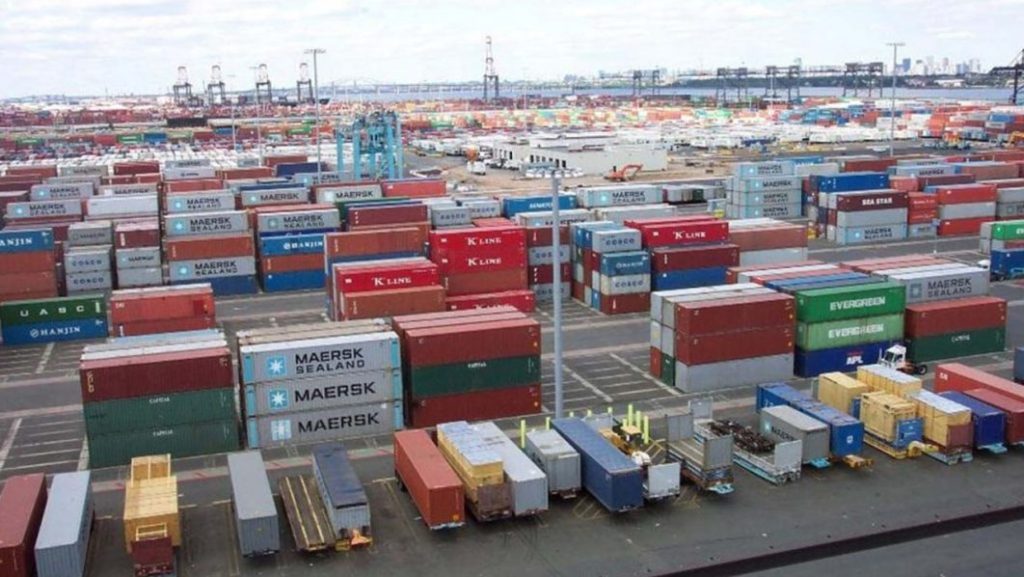Businessman and billionaire Femi Otedola has weighed in on the ongoing dispute between the Depot and Petroleum Products Marketers Association of Nigeria (DAPPMAN) and the Dangote Refinery. Otedola advised DAPPMAN to restructure and consider acquiring the Port Harcourt Refinery to remain relevant in the downstream business, rather than resisting progress.
The Dangote Refinery, which was commissioned in May 2023, has been at the center of controversy with DAPPMAN accusing it of attempting to monopolize the downstream sector. DAPPMAN claims that Dangote’s constant slashing of petrol pump prices is a business strategy aimed at sidelining other marketers. The refinery’s purchase of 4,000 Compressed Natural Gas trucks for direct distribution of petrol to filling stations nationwide has also been a point of contention.
Otedola, who founded DAPPMAN in 2002, stated that the era of owning depots for petrol importation is becoming outdated with the Dangote Refinery now supplying fuel locally. He noted that the old business model is crumbling and that DAPPMAN members should focus on owning and scaling last-mile retail outlets rather than holding on to tanks built for a fuel import economy that no longer serves the country.
The billionaire congratulated Aliko Dangote and the Bola Tinubu administration for their investments in the downstream sector, which he believes is a historic leap for Nigeria’s energy independence and economic future. He also commended President Tinubu for fully deregulating the downstream petroleum sector, which has broken the grip of entrenched interests and ushered in a new era of transparency and healthy competition.
Otedola reflected on his years as the founder of DAPPMAN and noted that the group’s original mission was to challenge the dominance of major marketers and give independent depot owners a fair platform to thrive. However, he stated that times have changed and that many of the original players have exited the scene, with those left clinging to assets that no longer reflect today’s business realities.
The Dangote Refinery’s operation is expected to have a significant impact on the Nigerian economy, with benefits including the elimination of gridlock around the Ibafon, Tincan, and Apapa areas. The refinery’s use of eco-friendly trucks for distribution is also expected to reduce pollution and breakdowns. Otedola’s comments come as the Nigerian government continues to navigate the complexities of the downstream sector, with a focus on increasing transparency and efficiency.



